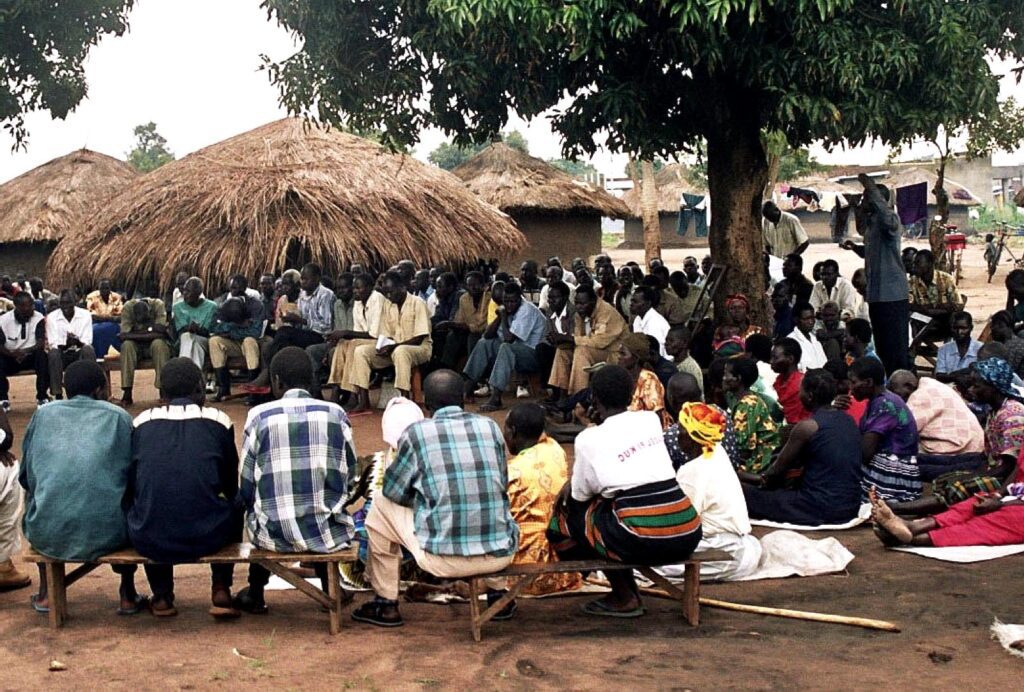The importance of C4D in addressing real development issues
Promoting social change is one of the goals that many communicators set for themselves; therefore, they choose Communication for Development (C4D) as a specialization. The importance of C4D can be summarized in four of its functions (Swiss Cooperation, 2014). According to the United Nations-UN (2011), C4D consists of a process that promotes dialogue between communities and the people in charge of making decisions in their locality, region or country.

According to the United Nations Children’s Fund (UNICEF), C4D uses a series of tools and approaches that allow communities to become the architects of their own development. That is, it is the individuals themselves who take the initiative to undertake actions and measures that allow them to improve their quality of life. In this two-way process ideas and knowledge are shared.
C4D is so relevant because it focuses on people’s needs, and it helps to:
- Promote access to communication and knowledge
Communication for development helps people have access to more quality information and, therefore, acquire more knowledge that allows them to defend their rights, live healthily, undertake effectively, produce, care for the environment, solve problems, etc. This point is summarized in that, the more information, the greater the development of a given community. - Drive engagement
This area of communication allows the creation of socially inclusive spaces that promote genuine dialogue, such as community institutions, national institutions, cooperation institutions, etc. Citizen participation in these projects makes them much more durable and sustainable. It also allows them to participate in political and social decisions. - Promote empowerment
This function of C4D helps excluded voices to be heard and participate in the national dialogue, as well as to learn to use different means of communication. This process permits them to express their needs and opinions and, in this way, to be able to become the spokespersons for their causes. Here, for example, community radio plays an important role. - Encourage sharing and learning
Due to the variety of actors involved in communication for development (ministries, municipal and regional authorities, companies, beneficiaries, etc.), quality communication between them is proposed. It contributes to the exchange of knowledge, and mutual learning, as well as with the sharing and management of new knowledge.

